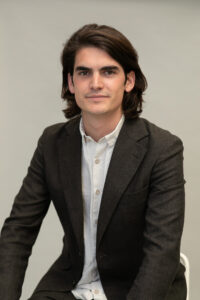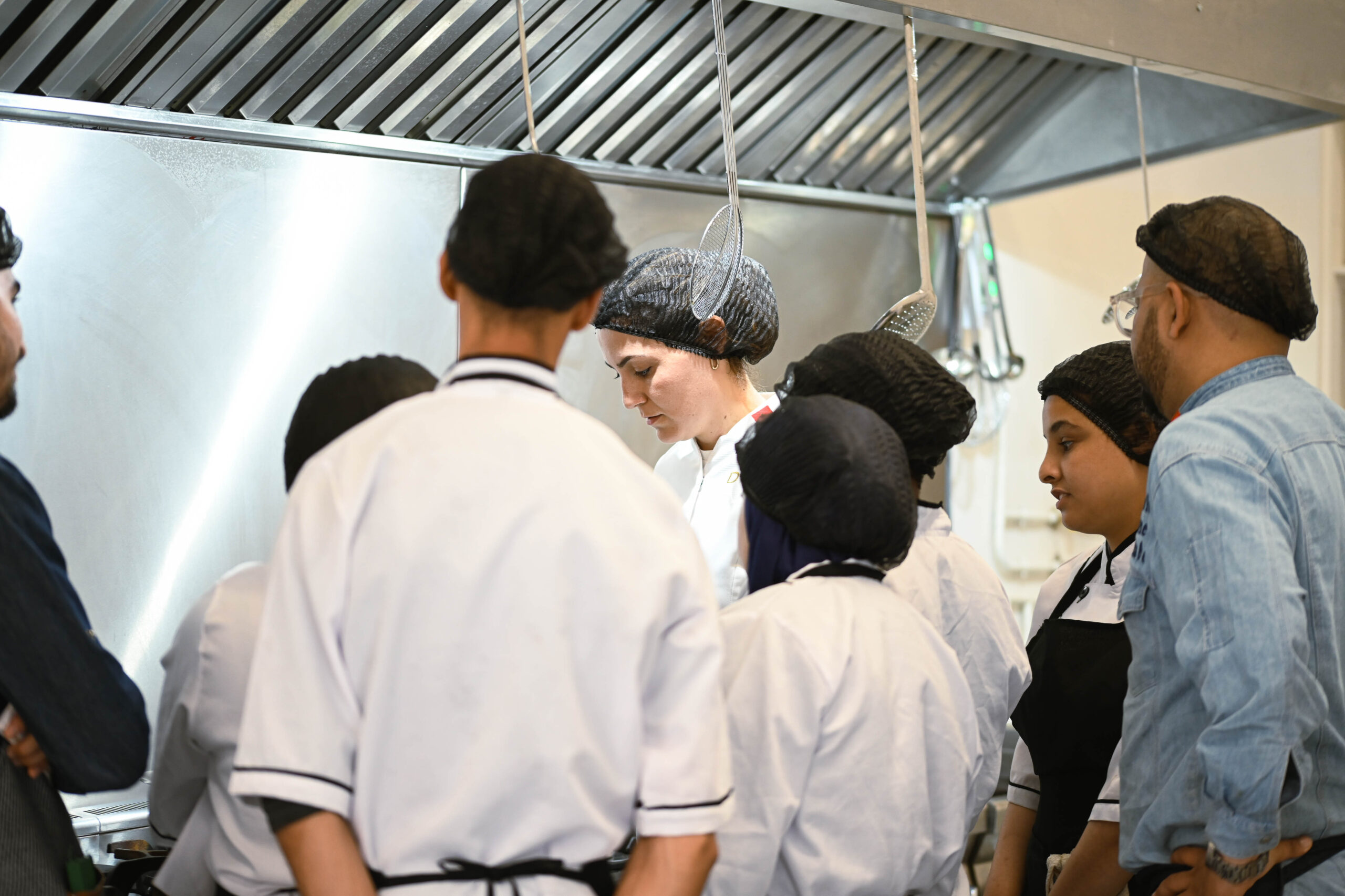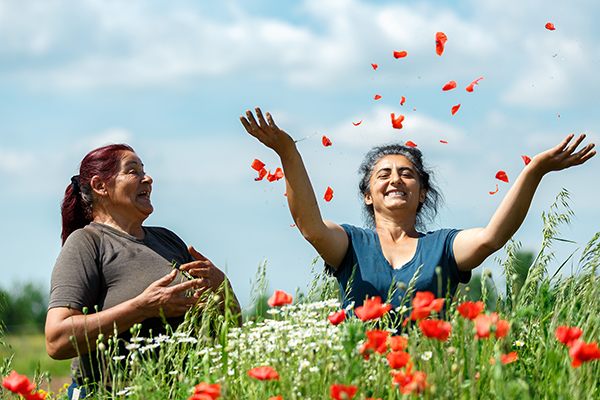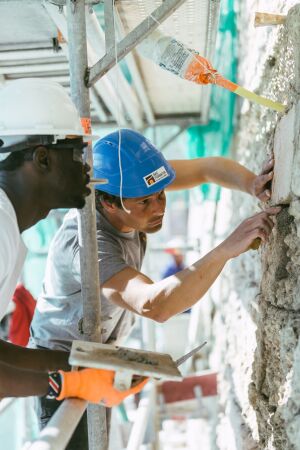
Public development aid is an essential financial tool for combating poverty and building sustainable and inclusive economies in the Global South. By funding NGO projects in struggling areas, it creates economic opportunities for local populations, thereby preventing poverty, tensions, and crises. However, it is currently weakened by budget cuts in many donor countries and sharp criticisms that undermine international cooperation as a whole. In this interview, Alexandre Lourié discusses the crucial role of NGOs and international aid in building fairer societies and a livable world.
After massive budget cuts in many countries, public development aid is at the center of the debate right now. What are the main criticisms it faces and how do you respond to them?
Everyone talks about the dismantling of USAID by President Trump, but it should not overshadow other budget cuts in international development, whether in Europe or even in France. This retreat is based on false and harmful beliefs.
First, one of the beliefs is that aid does not benefit France. It would be misplaced solidarity. This is false! The French Development Agency (AFD), which manages these funds in France, primarily grants loans. It is a bank. With its interest, it makes profits, and with its profits, it pays dividends to the state. Yet, the Development Bank is accused of siphoning off public funds, while for every euro raised with French public money, it raises 11 other euros to finance its development projects. It is therefore efficient and profitable.
NGOs – which partly depend on development aid to deploy their projects – are also poorly regarded by critics of public development aid. Why is that?
According to some, they are poorly managed. But this false idea is exasperating: the level of auditing of these structures is very high. NGOs have an exemplary level of accountability, down to the last euro.
The French Development Agency is also a partner of solidarity NGOs, including those of Groupe SOS. Despite what its detractors say, solidarity is not a dirty word. We live in an interconnected world. But when one is obsessed with immigration, like some parties, one cannot turn a blind eye to territories that become unlivable due to wars, famines, or climate crises.
Despite what its detractors say, solidarity is not a dirty word. We live in an interconnected world.
NGOs play a crucial role, both for the poorest people in the most fragile countries and for us in Europe
The impact of NGOs’ work goes beyond the local. Can you give us concrete examples of projects carried out by Groupe SOS NGOs that illustrate a global impact?
NGOs play an indispensable role, both for the poorest people in the most fragile countries and for us in Europe. When I see my colleagues from Planète Urgence restoring thousands of hectares of forests with local communities in Cameroon. When I see my colleagues from Santé Sud training health professionals in Morocco. When I see my colleagues from PLAY working both in the Comoros and Mayotte. When I see my colleagues from PULSE and PPI supporting local business incubators in Tunisia or Madagascar, I am proud. It is a win-win situation.
A final message?
Let us fight against the paralyzing effects of these cuts and continue to support our international solidarity NGOs.
A lire également



26 March 2025
NAFASS: Committed to Supporting Young People into Employment in Morocco



25 March 2025
Supporting the most excluded towards employment – Ateliere Fara Frontiere



20 January 2025
